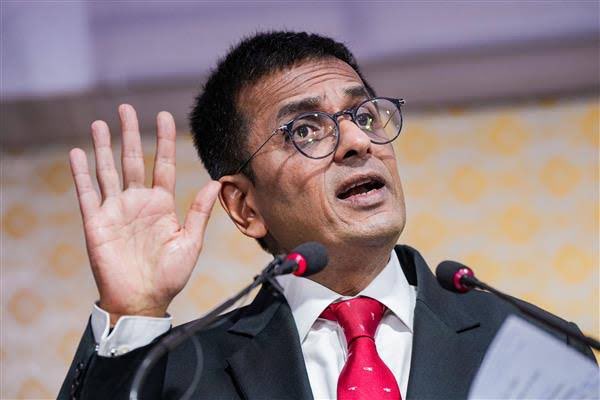New Delhi – The Supreme Court, while addressing the prevailing tensions in Manipur, emphasized that it cannot take the law and order apparatus into its own hands to douse the violence. The bench, comprising Chief Justice DY Chandrachud and Justice PS Narasimha, clarified that the court’s role is to provide directions to the authorities in order to improve the situation. It called for positive suggestions from different groups to assist in resolving the unrest.
The bench urged the various groups of Manipur to provide positive suggestions by Tuesday to help ameliorate the situation. It assured that it would request the Central government and the Manipur government to consider these suggestions. In the hearing, the court took note of the status report filed by the state chief secretary on the current situation in the violence-affected state.
The court also directed Solicitor General Tushar Mehta, representing the Manipur government, to provide information regarding a circular issued in June. The circular had mandated that state government employees report to duty or face a pay cut.
Earlier, on July 3, the Supreme Court had instructed the Manipur government to submit an updated status report outlining the steps taken for rehabilitation, improving the law and order situation, and recovering arms in the state affected by ethnic violence.
Since May 3, when a ‘Tribal Solidarity March’ was organized in the hill districts to protest the demand for Scheduled Tribe (ST) status by the Meitei community, at least 150 people have lost their lives and several hundred have been injured. The Meiteis represent about 53 percent of Manipur’s population, primarily residing in the Imphal Valley, while the Tribal Nagas and Kukis make up approximately 40 percent and reside in the hill districts.
The Supreme Court aims to provide constructive directions and seek positive suggestions from various groups to alleviate tensions in Manipur. As the court acknowledges its limited role in law and order matters, it continues to work towards finding a resolution to the unrest in the state.



